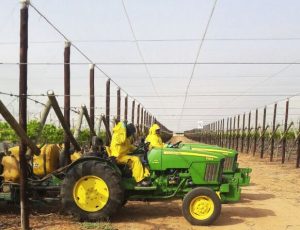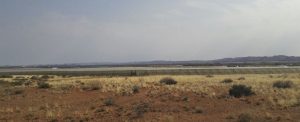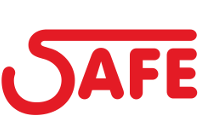The social ethical programme of Cape Town-based exporting company, SAFE, received a healthy boost last week when its Northern Cape table grape farm, Nuweland was granted permission to trade with other Fairtrade certified partners.
A formal Fairtrade certificate is expected to be issued once minor non-conformities have been resolved at Nuweland.
The permission was granted following a two-day initial audit. FLOCERT, the global certification and verification body that was set up to independently certify Fairtrade products, this week informed SAFE and Nuweland of the good news.
This progress is in line with SAFE’s ongoing efforts to be compliant with international standards for social ethical farming and business practices. The certification guarantees improved access to more sophisticated markets for its produce.
One key objective of Fairtrade’s high standards is to “set clear core and development criteria to ensure that the conditions of production and trade of all Fairtrade certified products are socially and economically fair as well as environmentally responsible”.
Thanks to the capital investment and sustained support for social ethical farming practices by the United Farmers Fund, SAFE is positive that Nuweland will soon boast full Fairtrade certification.
Says Tiaan Visser, farm manager, Nuweland: “Farming in a social ethical manner requires a different mindset. You have to farm right – from start to finish, and work well with your people and your environment.
“We’re fortunate here at Nuweland that we already farm according to this mindset; for us and our farmworkers it’s actually just logical.”
Visser is particularly excited about the Fairtrade Premium (FP) component, a major empowerment tool that will ensure further investment in Nuweland and its farmworkers’ social upliftment.
When retailers sell using the Fairtrade logo , they pay an FP into a bank account managed by the Fairtrade Premium Committee (FPC) made up of farm worker representatives. The Fairtrade Premium is used to benefit workers, their families and their communities through community projects and educational programmes such as bursaries, skills development courses, or infrastructure developments such as schools, crèches, meeting halls, etc.



